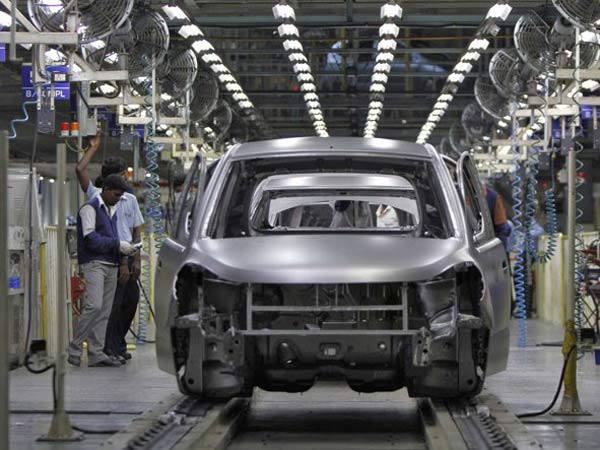KARACHI: Pakistan’s auto industry is heavily dependent on imports of auto parts and completely knocked-down (CKD) kits, which constitute around 30 per cent to 50 per cent of their raw material cost and a sudden depreciation in the value of rupee will have a negative impact on the profits of the company.
The rupee has depreciated 5.2 per cent since December 8 against the US dollar, which has resulted in stock price correction of HCAR, PSMC, and INDU by 5.9 per cent, 5.9 per cent, and 3.4 per cent to date, respectively. Meanwhile, the index has declined by 1 per cent.
Auto assemblers have recorded high returns in last four years due to a stable rupee against dollar, low discount rates, rising per capita income and GDP and introduction of new models.
The depreciation of the rupee in the last four year averaged at 1 per cent. Discount rates have also been low averaging 7.5 per cent in the last four years amid contained inflation, which kept interest rates under check. Per capita income rose to $ 1,547 in FY-17, making a 16 per cent year on year growth. GDP also grew in the last four years averaging 4.5 per cent.
For the last two years, rupee almost remained stagnant but owing to the rising current account deficit in FYTD, it came under pressure as concerns regarding the balance of payments and an unfavourable position of reserves gained traction.
To recall scenario of June 2008 to July 2009, the rupee depreciated by 26 per cent against dollar consequently eroding the margins of auto assemblers amid lack of demand. They were unable to pass on the impact of higher input cost with a slowdown in economic activity.
At that time, Toyota’s (INDU) gross margins stayed higher compared to peers at 6.1 per cent and Pak Suzuki’s (PSMC) gross margins just managed to remain positive at 2.2 per cent. However, Honda’s (HCAR) gross margins went down to -1.5 per cent.




